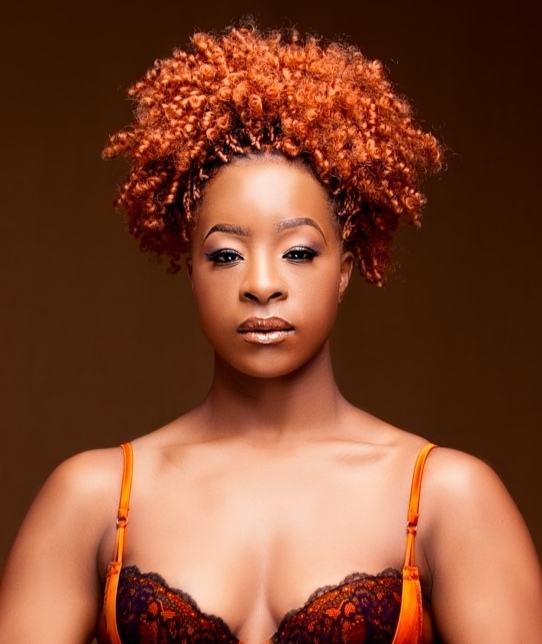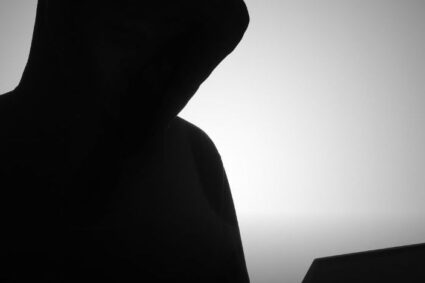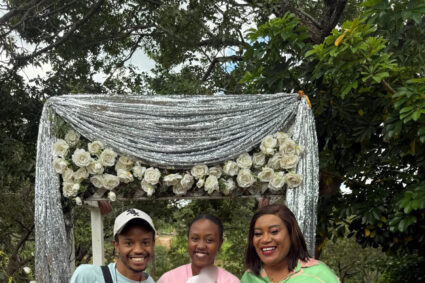In an exclusive feature for My Afrika Magazine (MM), we check in with the Zimbabwean Deborah Kabongo (DK), a dancer, choreographer, writer, poet, author, voice over artist, an actress and TV presenter about her expanding craft in new markets across Africa.
The Interview
MM: How did you get involved with the awards?
DK: About a decade ago during one of my visits to Zambia, I met an amazing dancer by the name Jophael Banda, and we became good friends. In 2022 he pioneered the Zambian Dance Awards to which I was a judge and for this year’s 2nd Edition of the awards, I was part of the judging panel but also invited to perform and conduct dance workshops in Lusaka Zambia.
MM: How important was this role for you as a dance artist from Zimbabwe?
DK: Coming from Zimbabwe where there are no Dance Awards, Dance festivals, let alone an inclusion of Dance within the formal curriculums in our education system such as Universities, I would say this was an educative moment for me to watch how other dance communities in other countries are coming together to create their own industry and empowering each other through the process. I’m truly inspired to bring some of the knowledge and insight gained back to Zimbabwe.
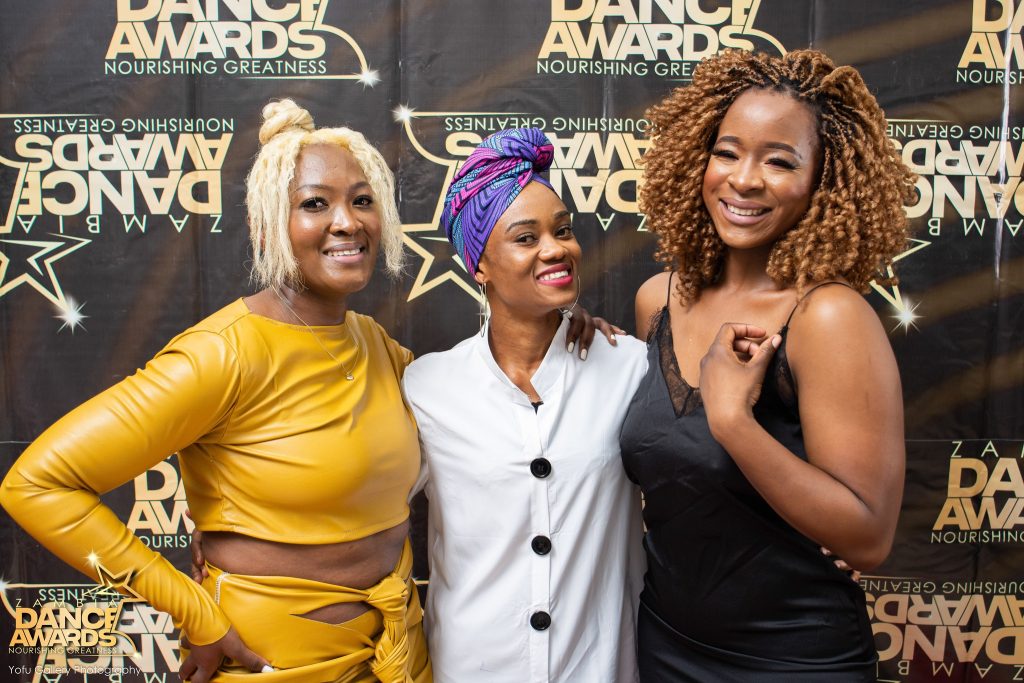
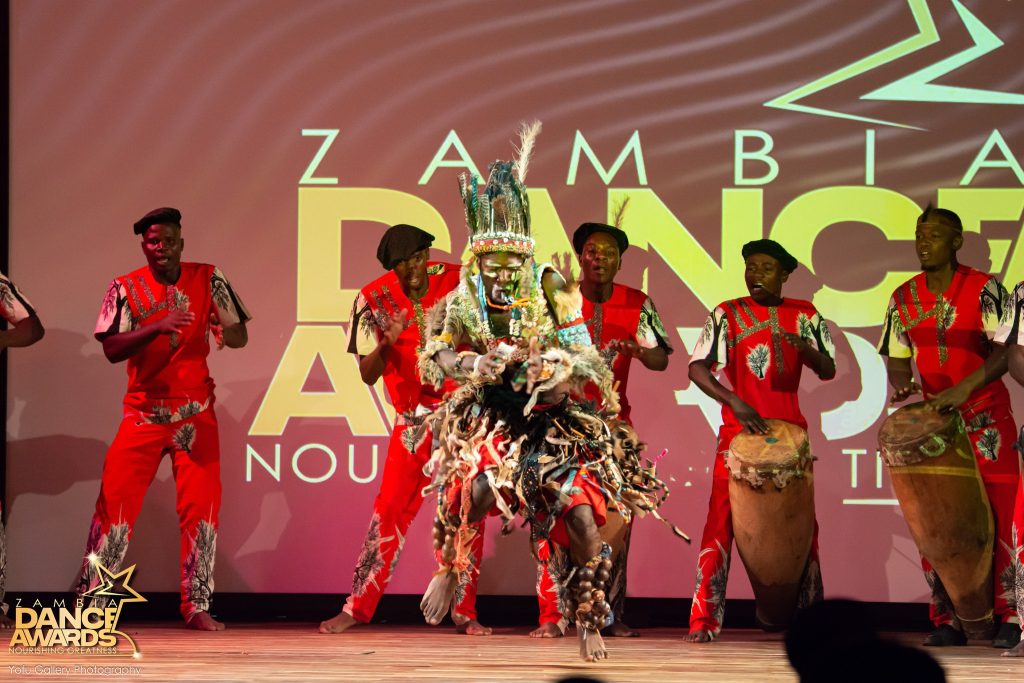
MM: What unique experiences did you take from your participation?
DK: Being a judge allows for a lot of self-reflection and by meeting professionals from other countries I also learn through the process. Their ability to fuse their cultural heritage into modern dance was eye opening and it was amazing to see the traditional dance category and then the modernized traditional dance category as well.
MM: How is dance changing lives in Africa?
DK: Dance acts as a form of healing Therapy that brings calm energy and a clear mind. It is actively known to reduce stress and anxiety and in this “depressed generation” of ours where there has been a high rise in suicides and mental instability, I have seen dance save many young lives. For example, the recent phenomenon about the 6 Ugandan kids Aged between 6 and 13 who were part of Britain’s Got Talent, all coming from impoverished backgrounds in Kampala, Uganda. Another example is the AfroTwist movement by Jophael Banda, that has been running for over a decade now has catered for almost 1000 children now in the compounds and some impoverished communities in Zambia. Another example is DWP (Dance With a Purpose) in Ghana which has saved hundreds of youths who would otherwise have been on the streets or engaged in criminal activities and/or involved in drug abuse and gangs with one of their own having gone international to perform with Beyonce. These movements and academies seek to provide gigs and jobs and a platform to train talented dancers into the professional world for them to be able to fend for themselves and follow their dreams.
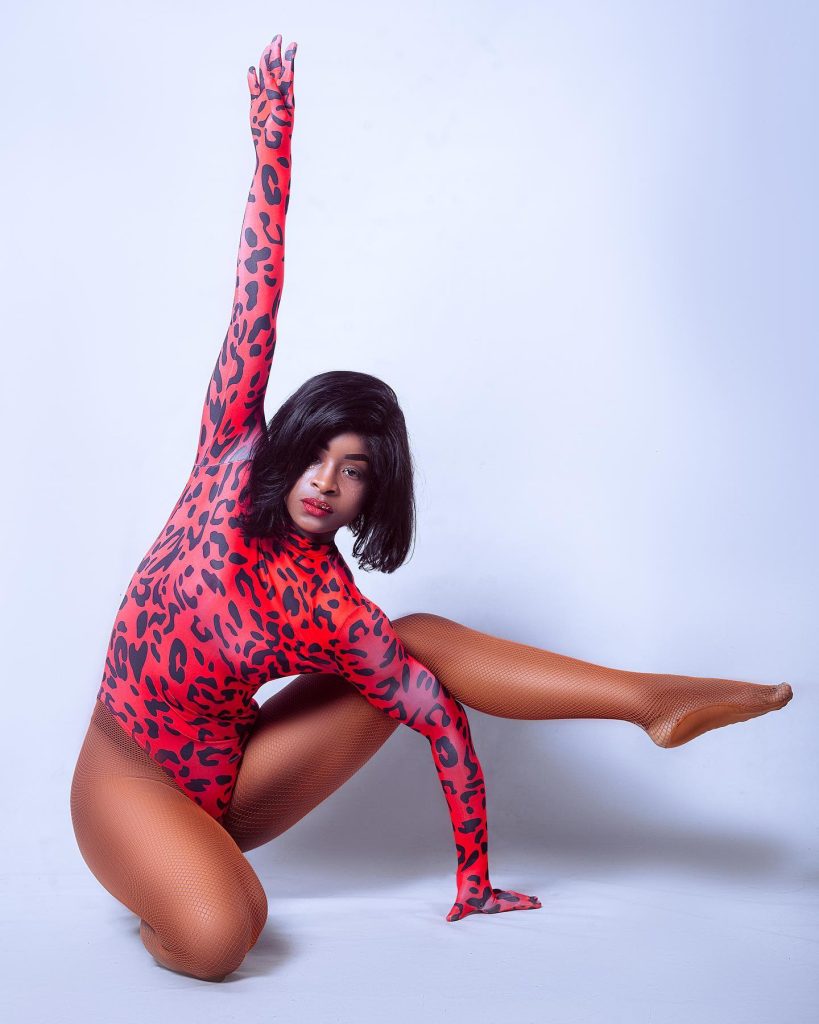
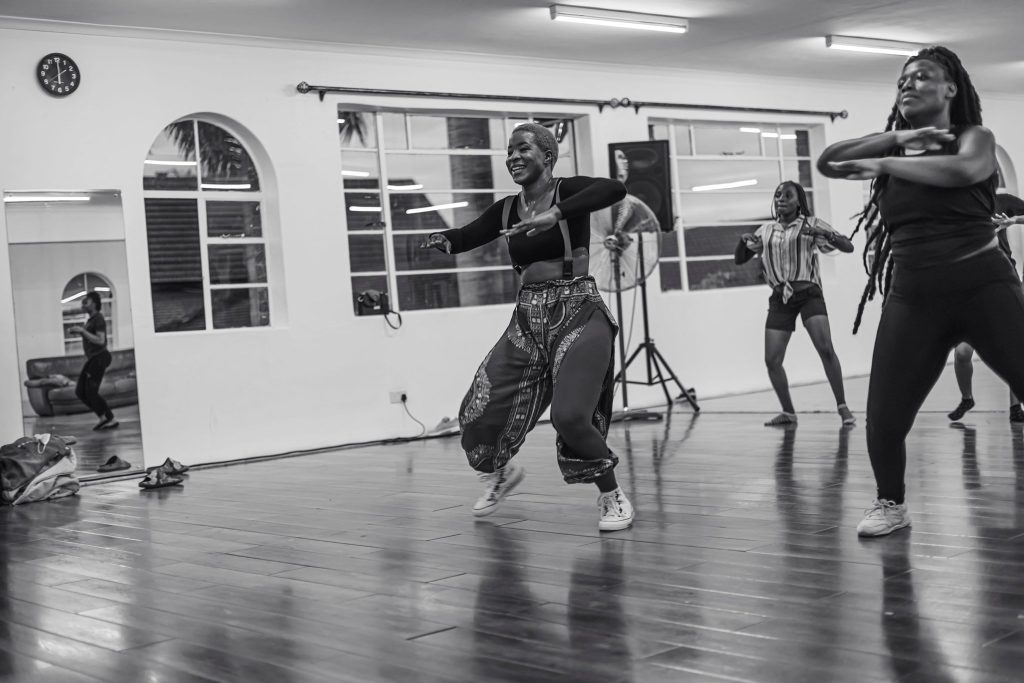
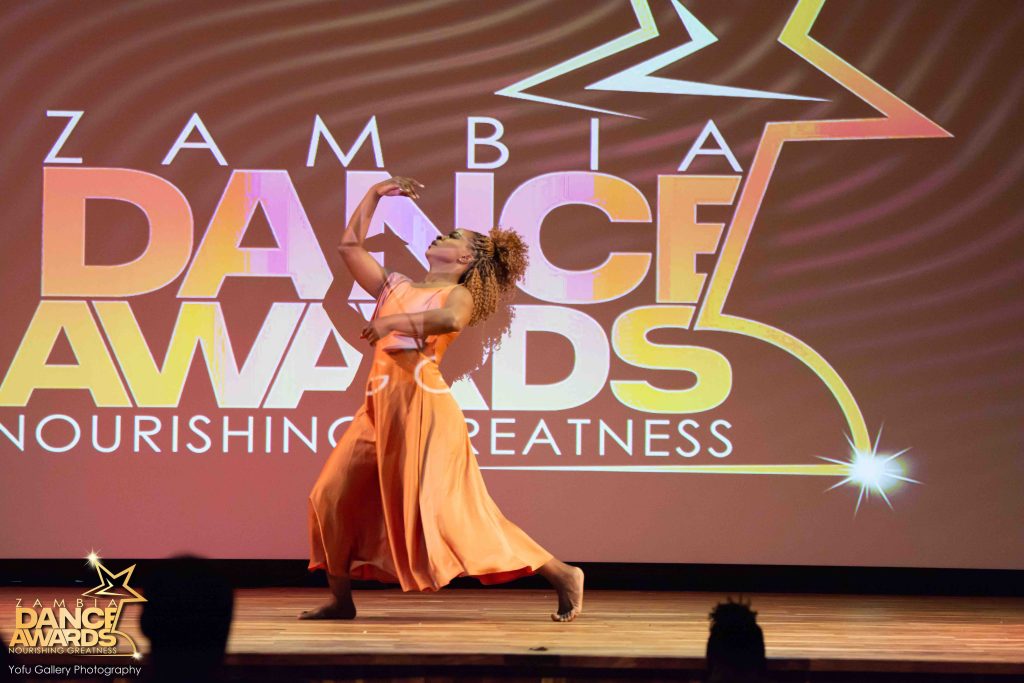
MM: Any special projects we can look forward to from you?
DK: The Zambian Dance Festival is loading. The rest will be revealed in due time.
MM: Words of encouragement to upcoming dancers in Africa and specifically Zimbabwe?
DK: Take more chances, dance more dances especially local dances. Embrace the cultural heritage and let no man steal your authenticity from you. We must bridge the gap between our traditional dance and modernize it, Zimbabwean dances are very powerful, and the world is yet to experience them.
Zambia Dance Awards is a project that embarks on recognizing the hard work of talented dancers, dance teachers, choreographers in Zambia. The Awards are to promote creativity, diversity, innovation and excellence through recognition.
